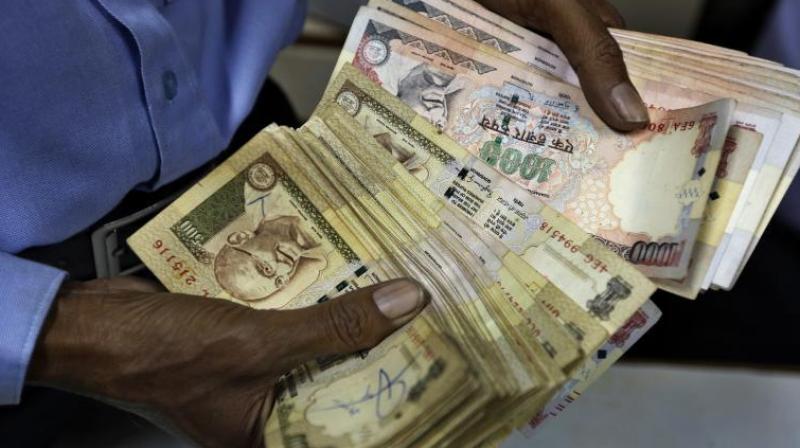RBI has announced an incremental CRR

Patel said RBI has announced an incremental CRR (Cash Reserve Ratio) of 100 per cent "because of the large increase in deposits of banks on account of the return of Rs 1,000 and Rs 500 notes" and the decision would be reviewed immediately once the government issues adequate quantum of MSS (Market Stablisation Scheme) bonds which they have promised to do.
He also urged people to start using cash substitutes like debit cards and digital wallets, saying it will make transactions cheaper and easier and in the long term and it
will help India "leapfrog into a less cash-use economy at par with more developed nations". "We are also urging banks to make a big push with PoS (Point of Sale) machines with traders so that debit card use becomes more prevalent," Patel said.
"People have asked why the new currency introduced was different in size and thickness from the old. This is because the new currency has been designed to make it hard to counterfeit. When you are going to make a change of this magnitude, you need to get the best standards in place," he said.
Asked why it was necessary to have undertaken demonetisation, the Governor said the Prime Minister in his address to the nation explained why the withdrawal of legal
tender status of Rs 1,000 and Rs 500 notes was required. "In his speech, he explained the reasons why this was important. He had given a commitment to the people of India that he would clamp down on black money to bring in much-needed transparency and accountability and eradicate counterfeiting.
"A number of steps were taken around this, first by pushing Jan Dhan accounts, an income tax amnesty scheme and the push to get GST passed. This is part of the measures to get people to pay tax and hence, expand the tax base. "People were holding high denomination notes to keep tax unaccounted for money. Some sectors like real estate were using cash to avoid tax. It also strikes at counterfeit currency and pushes businesses and people to go cashless which greatly increases convenience. Towards the last, banks have waived debit card charges," he said.
To a question on when he expects the situation to settle, the economist-turned-central banker said, "The bankers are saying the situation is getting better and in the metros
things are stabilising, but the remote locations are still feeling some pain. "Liquidity in the banking system has increased and so credit should be becoming more easily available. The intent is to normalise as soon as possible."

